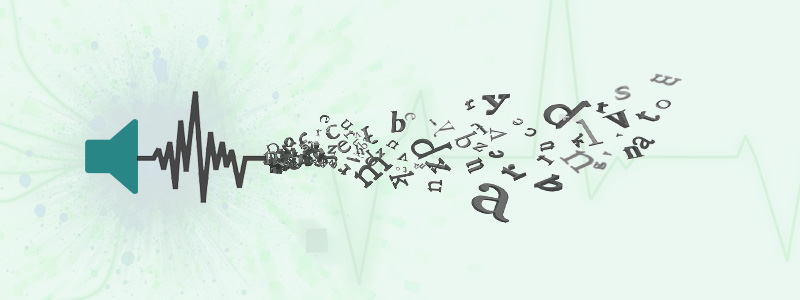
A maxim of publishing is “get the facts, get them right, and present them in an understandable and interesting manner.” Many writers are better at the last part.
Even getting information from a reliable source is fraught with pitfalls. What the source said may be accurate, but the words may not end up in an article the way they were said. A botched transcription is often the source of the problem.
Some veteran interviewers don’t take notes, claiming that they can transcribe conversations from memory with 97% accuracy. If such persons exist, they are few. Relying on notes is also chancy, and even recordings need to be carefully transcribed to avoid mistakes.
The consequences of a botched transcription can be embarrassing at times. It can even be career damaging at worst. I know, because I’ve had some close calls.
TRICKS OF MEMORY
In my first article for a major magazine I wrote a profile of an FBI agent who had solved a series of high profile art theft cases. I mentioned that the agent had gotten his start at this as a new recruit when he had gone undercover and played a key role in identifying a jewel thief. This was what my notes said. But that wasn’t what happened.
The agent corrected me when he reviewed the first draft. He had indeed been involved in the case, but his role had been behind the scenes, rather customary and routine. The FBI is a stickler for accuracy. Had my article made him into the hero of the case, the agent would have demanded a correction from the journal, and they in turn would never have taken another article from me.
The point is, memory can often play tricks on anyone. Perhaps there is a preconceived idea lurching in the mind that needs only a hint to morph into something more!
ANOTHER CLOSE CALL
After this brush with disaster, I made it a point to record interviews whenever possible. However, in an article on an engineering company, I wrote that they did combat simulations for the Army. But as it turned out, they didn’t. “Definitely not,” noted the engineer who reviewed my draft.
I couldn’t believe it. I was sure I had heard him describe this work to me, had made rather detailed shorthand notes on it, even jotted down the time during the interview when he said it. But in the end, he was proved right and I was wrong. Another retraction avoided!
I still don’t know how I got the idea that the company did that sort of work. But since then I have not trusted my memory or my notes. Nothing less than verbatim transcriptions of recorded conversations for me.







Share your thoughts